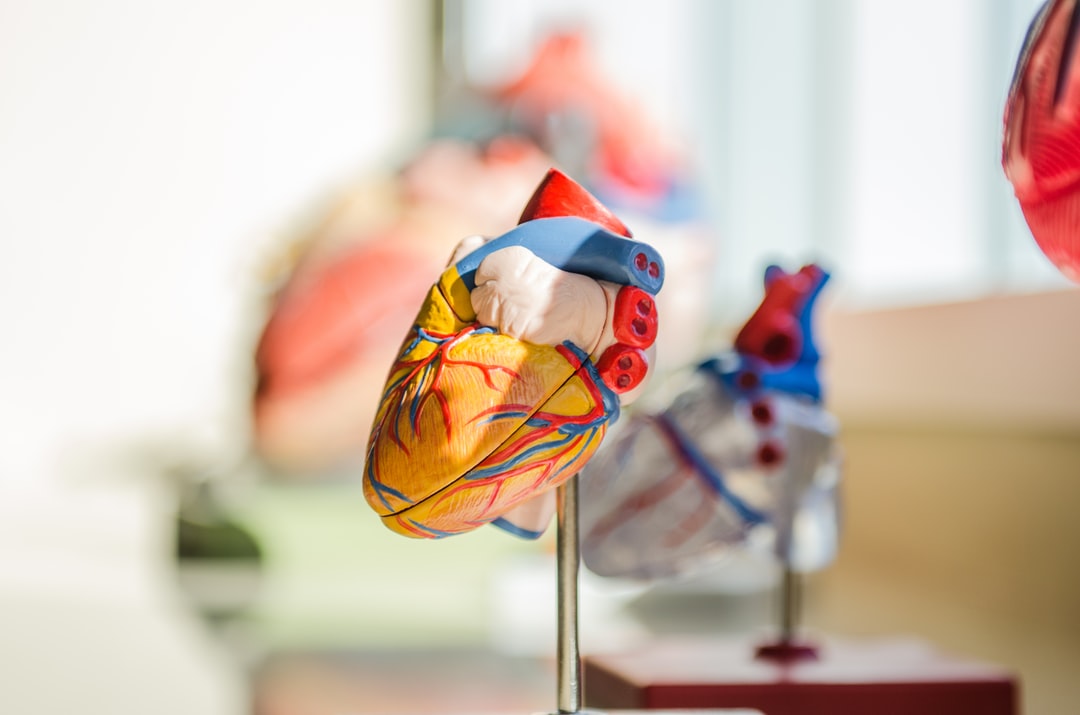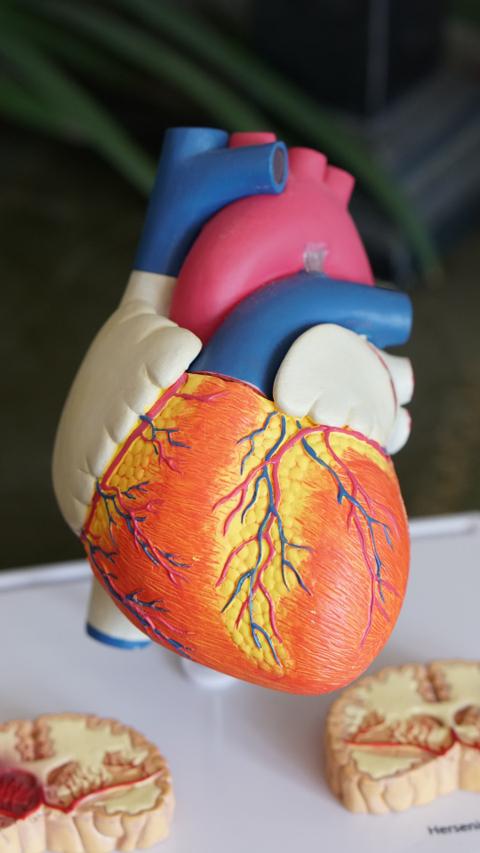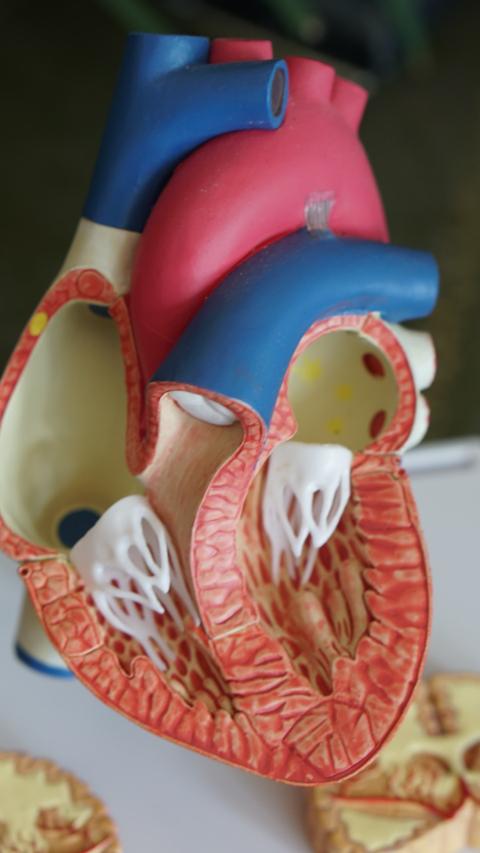Esperto in Chirurgia Generale e Toracica
Benvenuti sul sito ufficiale di un chirurgo generale e toracico con esperienza, situato a Firenze, Italia. Con un solido background in diverse specialità chirurgiche, questo chirurgo offre cure complete in chirurgia oncologica, chirurgia toracica, chirurgia addominale e chirurgia endocrina. L'attenzione alla cura del paziente e l'impegno per risultati eccellenti sono alimentati dalla continua ricerca di avanzamenti nelle tecniche chirurgiche e dalla dedizione nel migliorare gli esiti chirurgici.

Impegno per una Cura Centrada sul Paziente
La cura personalizzata è al centro di ogni piano di trattamento, garantendo che ogni paziente riceva un approccio su misura per soddisfare le proprie esigenze uniche. Con l'obiettivo di ottenere i migliori risultati possibili, questo approccio integra i più recenti progressi nelle tecniche chirurgiche e nella ricerca medica. L'uso di procedure minimamente invasive, come la toracoscopia e la laparoscopia, aiuta a promuovere tempi di recupero più rapidi e ridurre il rischio di complicazioni, riflettendo un impegno costante per il benessere del paziente e un recupero efficiente.
Specializzazioni e Aree di Competenza
Questo chirurgo è specializzato in una vasta gamma di discipline chirurgiche, tra cui:
Chirurgia Oncologica:
Utilizzo di tecniche avanzate per la diagnosi e il trattamento di vari tipi di cancro.
Chirurgia Toracica:
Focalizzazione su procedure specializzate relative al torace, ai polmoni e al cuore.
Chirurgia Endocrina:
Specializzazione nel trattamento dei disturbi endocrini, garantendo interventi precisi ed efficaci.
Con un focus sulla ricerca all'avanguardia, questo professionista contribuisce a varie pubblicazioni mediche e trial clinici, esplorando nuovi modi per migliorare i risultati chirurgici. Il suo lavoro comprende anche trattamenti innovativi per condizioni come la carcinosi peritoneale e la gestione della sindrome da distress respiratorio acuto (ARDS) nella cura post-operatoria.





